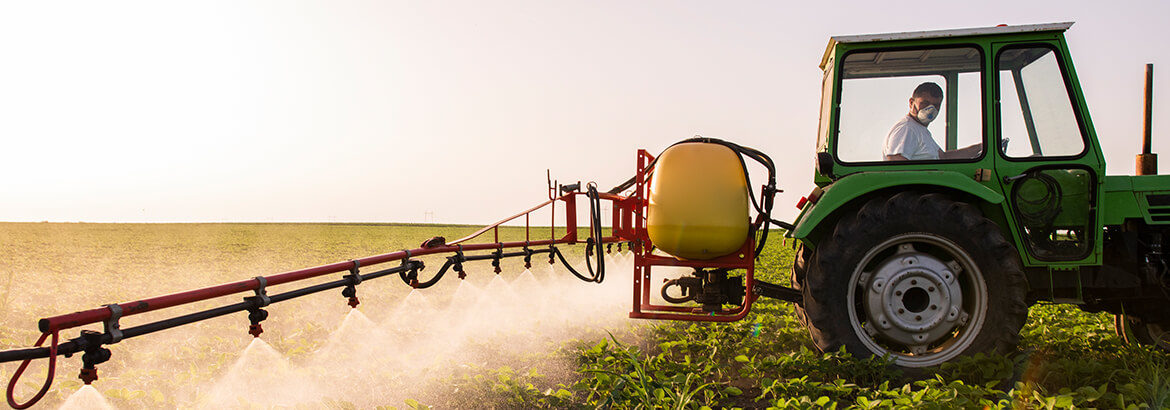Farmers use pesticides to keep diseases, harmful insects, and rodents from infesting and damaging otherwise healthy crops. Without the use of pesticides, it is believed that production in every category of agricultural farming would fall and consumer prices would rise dramatically.
Pesticides are regulated by the Federal Insecticide, Fungicide and Rodenticide Act (FIFRA), and the Food Quality Protection Act (FQPA). In order to be approved for use, pesticides must be subjected to more than 120 tests by the Environmental Protection Agency (EPA) to determine their effects on our environment and its inhabitants. Federal law requires all pesticide labels to include explicit directions for use and precautions to protect users, consumers, and the environment.
The office of the Assistant Surgeon General, the National Cancer Institute, the American Association for Pediatrics, and the USDA, among others, believe that the benefits of eating fruits and vegetables far outweigh any potential risks that might be involved with ingesting foods correctly treated with pesticides.




